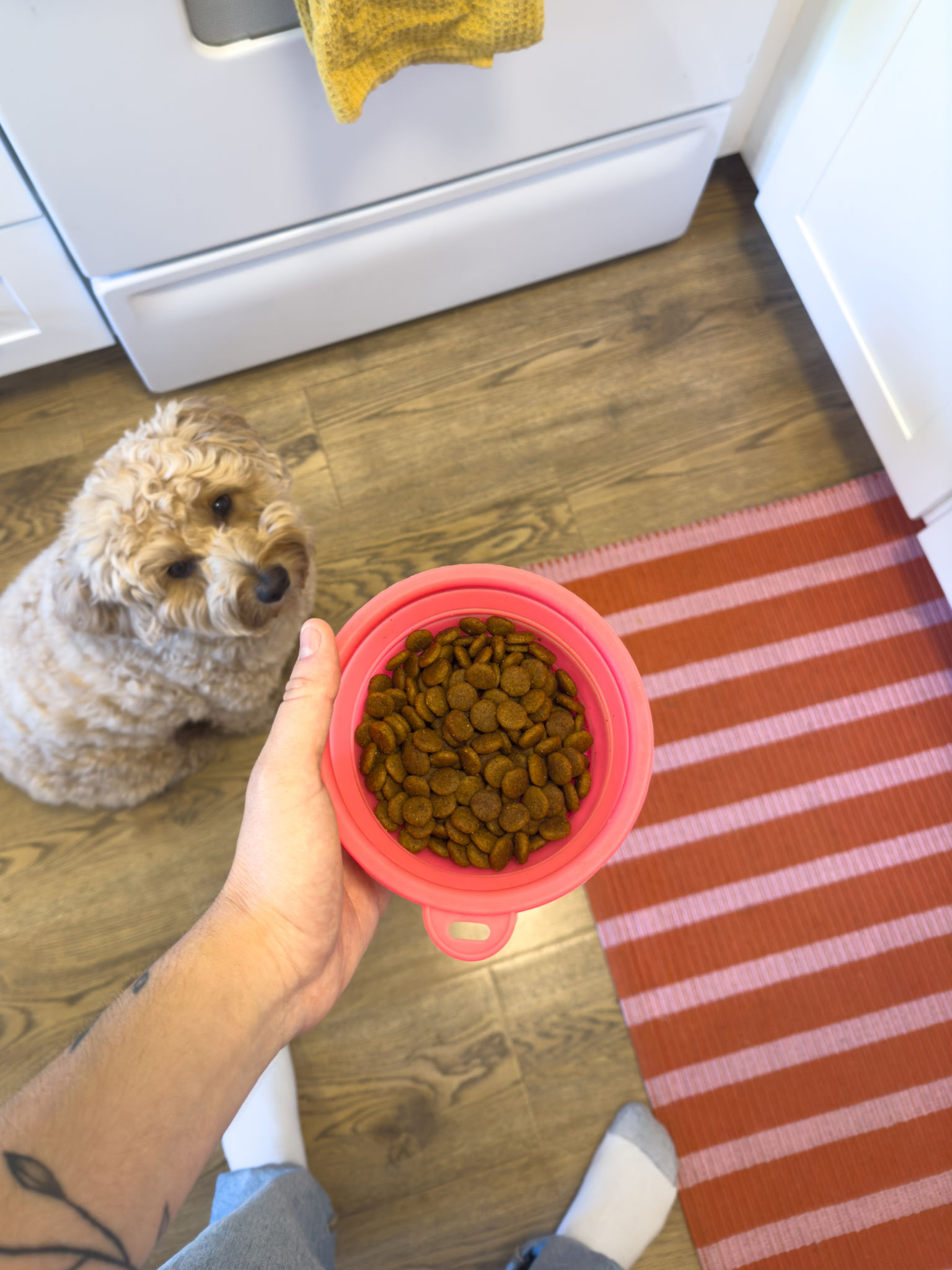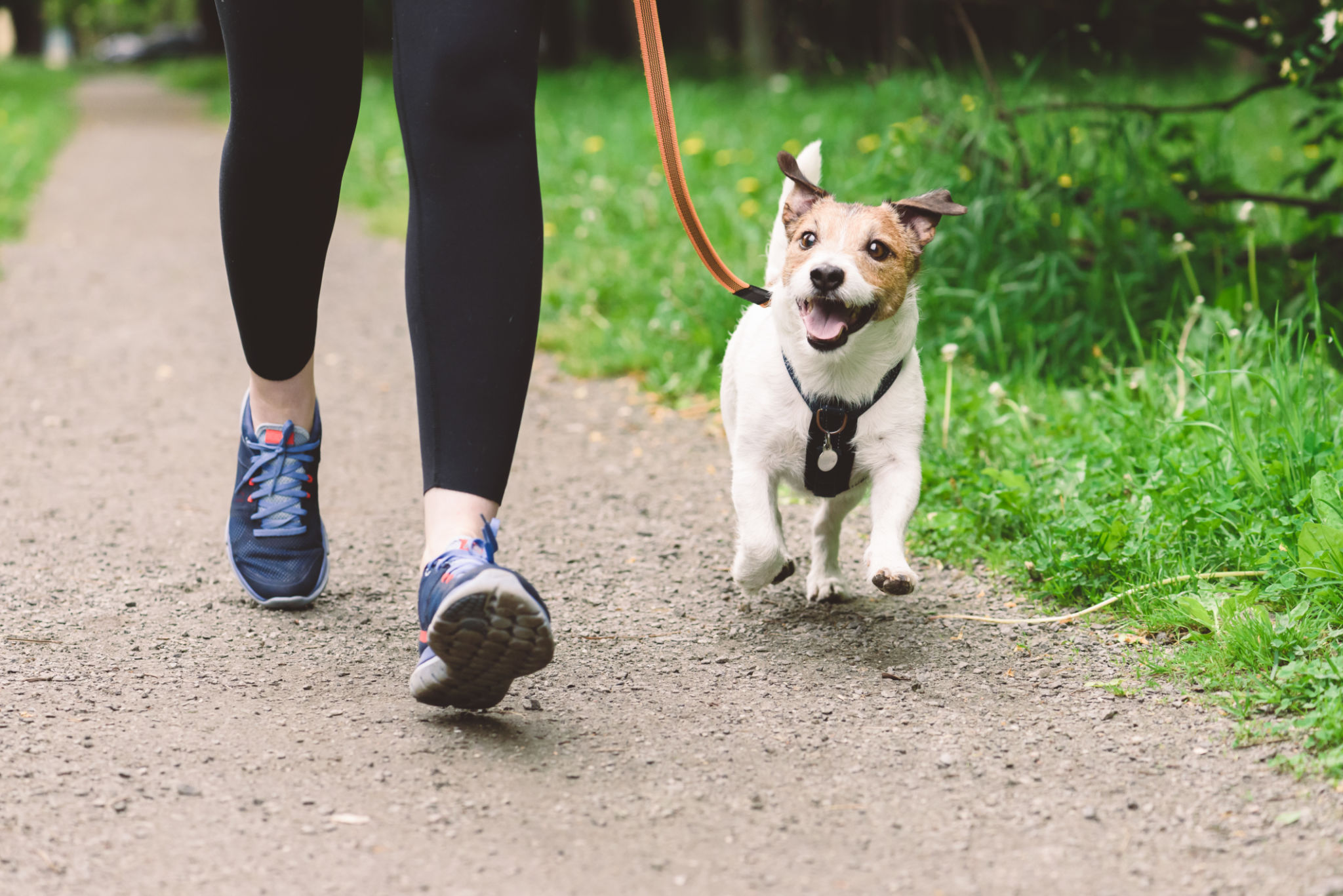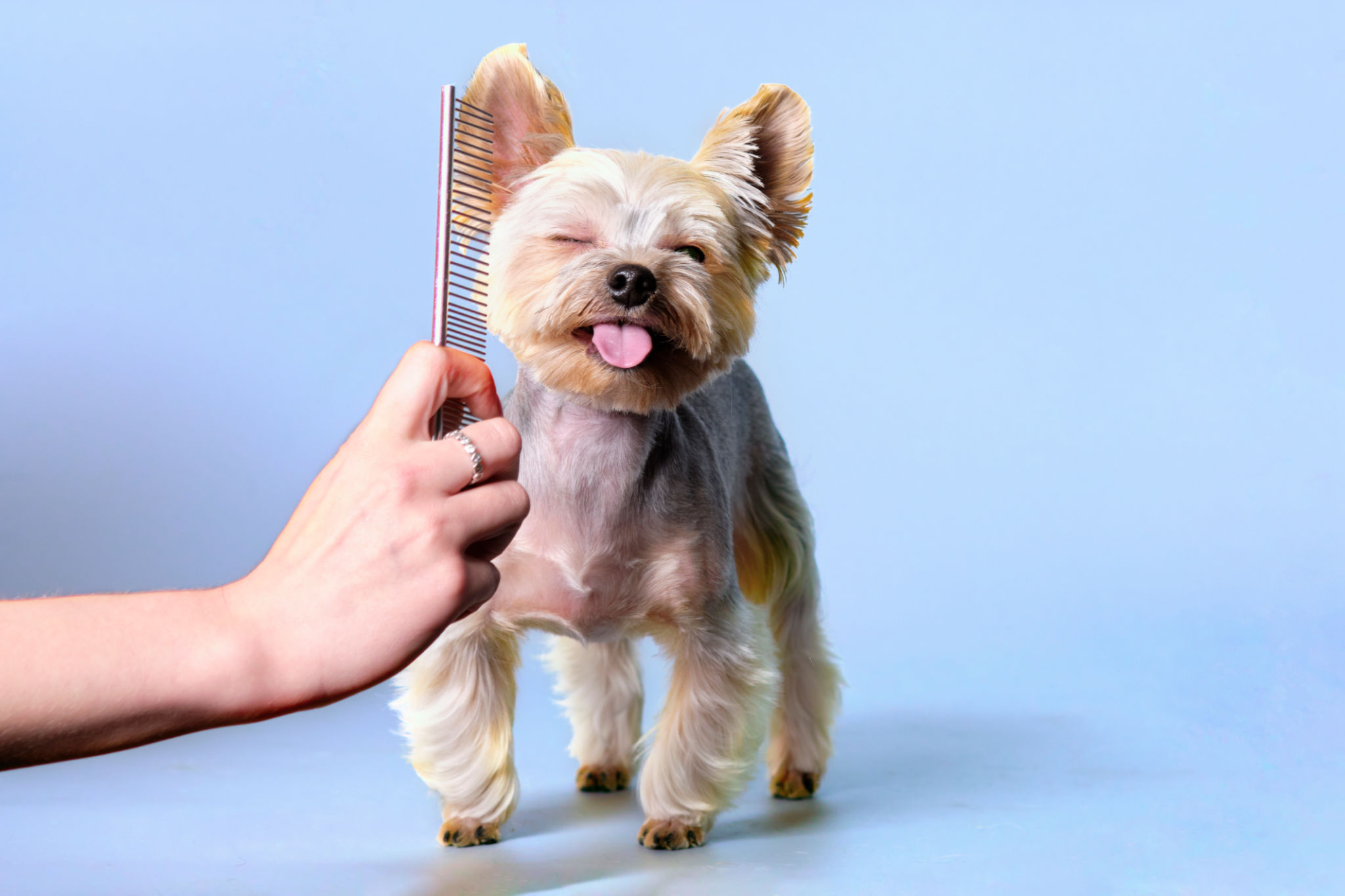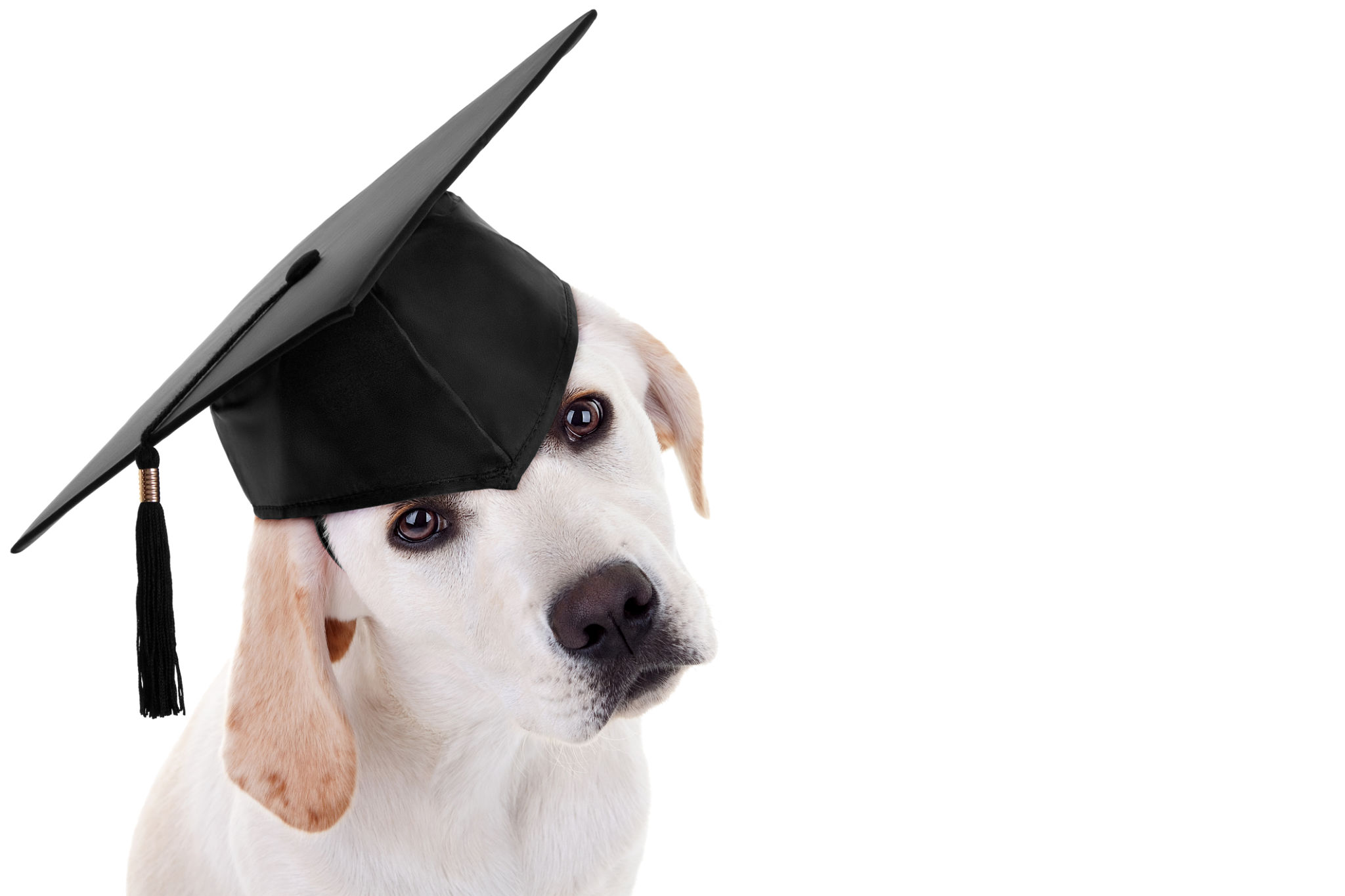The Ultimate Guide to Labrador Retriever Care: Tips for New Owners
Introduction to Labrador Retrievers
Labrador Retrievers are one of the most popular dog breeds worldwide, known for their friendly nature and intelligence. As a new owner, understanding their specific needs will ensure a happy and healthy life for your furry friend. This guide will walk you through essential care tips and practices.

Feeding Your Labrador Retriever
Choosing the Right Diet
The foundation of good health for your Labrador starts with a balanced diet. It's important to choose high-quality dog food that meets their nutritional needs. Look for foods that are rich in protein, fats, and essential vitamins.
Feeding Schedule and Portions
Labradors are known for their love of food, so maintaining a proper feeding schedule is crucial. Typically, adult Labradors should be fed twice a day, while puppies require three to four meals daily. Adjust portion sizes based on your dog's age, weight, and activity level.

Exercise and Physical Activity
Importance of Regular Exercise
Labradors are energetic dogs that require regular exercise to maintain a healthy weight and mental well-being. Daily walks, playtime, and interactive games like fetch are essential to keep them active and engaged.
Activities to Consider
Engage your Labrador in activities such as swimming, hiking, or agility training. These activities not only help in burning off excess energy but also strengthen the bond between you and your pet.

Grooming and Hygiene
Coat Care
Labradors have a short, dense coat that requires regular grooming. Brushing their coat at least once a week helps minimize shedding and keeps their fur healthy. During shedding seasons, more frequent grooming may be necessary.
Bathing and Dental Care
Bathe your Labrador only when necessary, as frequent baths can strip natural oils from their coat. Regular dental care is also important; brush their teeth several times a week to prevent dental issues.

Health and Veterinary Care
Regular Check-ups
Regular veterinary visits are essential to monitor your Labrador's health and catch any potential issues early. Schedule annual check-ups and ensure they are up-to-date on vaccinations and parasite prevention.
Common Health Concerns
Labradors are prone to certain health issues such as hip dysplasia and obesity. Being proactive about their diet and exercise can help mitigate these risks. Consult your vet if you notice any changes in behavior or physical condition.

Training Your Labrador Retriever
Basic Obedience Training
Labradors are intelligent and eager to please, making them relatively easy to train. Start with basic commands like sit, stay, and come. Consistent training with positive reinforcement techniques will yield the best results.
Socialization Tips
Early socialization is key to developing a well-behaved Labrador. Expose them to different environments, people, and other animals from a young age to build confidence and reduce fearfulness.
